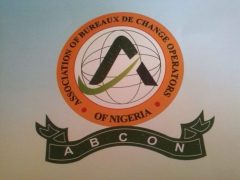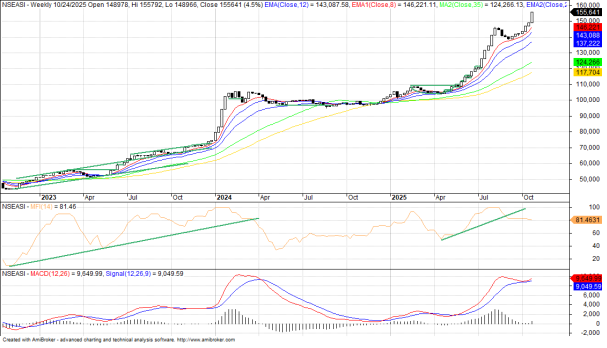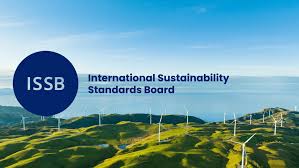
Rising from its third annual Entrepreneurship Forum in Lagos, the Tony Elumelu Foundation, on Saturday signed a Memorandum of Understanding (MoU) with the United Nations Development Programme (UNDP) and Agence Française de Développement (the French Development Fund) to support capacity building, mentoring of beneficiaries and helping beneficiaries from across Africa access funds.
TEF is in its third year of a $100m project that would see it empower 1,000 owners of ideas across 54 African countries yearly with $10,000 each over a period of 10 years. The foundation believes the number of beneficiaries could increase as more partners key into the programme.
Speaking at a press conference after the signing ceremony witnessed by Vice President Yemi Osinbajo, former Prime Minister of Benin Republic, Lionel Zinsu, Ms. Parminder Vir, chief executive of TEF used the occasion to call on other development finance institutions and corporate organization “to come partner with TEF by bringing resources, skills and opportunities.”
Such, she said, would enable more start-up entreprenuers leverage available opportunities, ongoing business support services and structured financing.
Continuing, Ms. Vir, said the foundation’s capacity is limited, hence the need to seek partnership.
The entrepreneurship programme, which started in 2014 with the first 1,000 start-ups, she stressed, is a “Made-in-Africa-by-Africa-for-Africa programme” that seeks to transform Africa economically by building the next generation of industrialists that would change the continent’s story from that of war, farmine, hunger and disease.
Also speaking, Olivier Delefosse, country director, who also signed the MoU said AFD plans to support the programme by helping beneficiaries access further funding from commercial banks by offering to take 70% of the lending risk, given that the beneficiaries would be customers of the partnering banks. The involvement of AFD, he noted, would be in the form of seed capital to the entrepreneurs, in addition to attaching each to a mentor as part of helping them survive the teething years.
AFD “will provide (partnering) commercial banks with the necessary guaranty. It is a risk sharing guaranty if the beneficiaries want to borrow,” as part of plans to ease the problem of access to bank financing for the SMEs.
On its part, Lamin Manneh, Director, Africa Regional Centre of the UNDP said the agency has been supporting private sector operators and helping governments to better plan development programmes, moving from interfacing with state officials to creating enabling environments that would support entrepreneurs.
He expressed strong belief in the partnership with the TEF, commending the foundation and its founder for the generosity and commitment to solving the problems of Africa.
He described TEF and its entrepreneurship programme as a perfect platform for corporation and collaboration to bring about a conducive environment for doing business in Africa.
Manneh said UNDP is in the forefront of working on the mindset of African youths to believe in themselves and that “they can make it here (the African continent),” following which the agency has been providing up to $10,000 as grants directly rather than through intermediaries.
“We are attracted to, and want to strengthen the partnership,” he stressed.
In answer to questions later, Delefosse said the AFD is not new across Africa, with 40 partner banks already for its SME intermediations, assuring that the TEF platform would take the partnership farther across the continent.
All bank loans granted to SMEs as part of the MoU, he said, would enjoy the part-guaranty, leaving the banks with the remaining 30% because it is their job to appraise the loan applications of the beneficiaries who, in any case, are their customers.
The guaranty, he continued is part of efforts to ensure that banks lend more and ask for less cumbersome security, just as they would do so at lower interest rates and longer tenor.
Lamin also explained that the TEF model is similar to its Youths Connect programme launched in Rwanda in July and target start-ups, expressing confidence that the partnership would ensure that the intervention achieves greater mileage for stakeholders.
He stressed UNDP’s desire to commit as much as $300m to the programme within a five-year period, subject to how much it is able to mobilize from its partners, while expecting mutually reinforcing commitment.
Youth Connect, he continued, set a target of supporting one million SMEs across Africa in five year, adding that the partnership with TEF follows from the assurance that it “is a serious organization.”
Ms. Vir urged African governments to work towards making it easy for businesses on the continent to thrive, assuring that “we are building investible businesses that need monitoring and mentoring.”
TEF, she added, is only a platform stakeholders should embrace to support budding entrepreneurs, calling on existing corporate and industrial giants to encourage the start-ups by making them part of their supply chain.
The entrepreneurs, Ms. Vir added, are coming face-to-face with the reality of operating across Africa, assuring that the annual TEF Entrepreneurship Forum is an opportunity at enhance intra-African trade.












